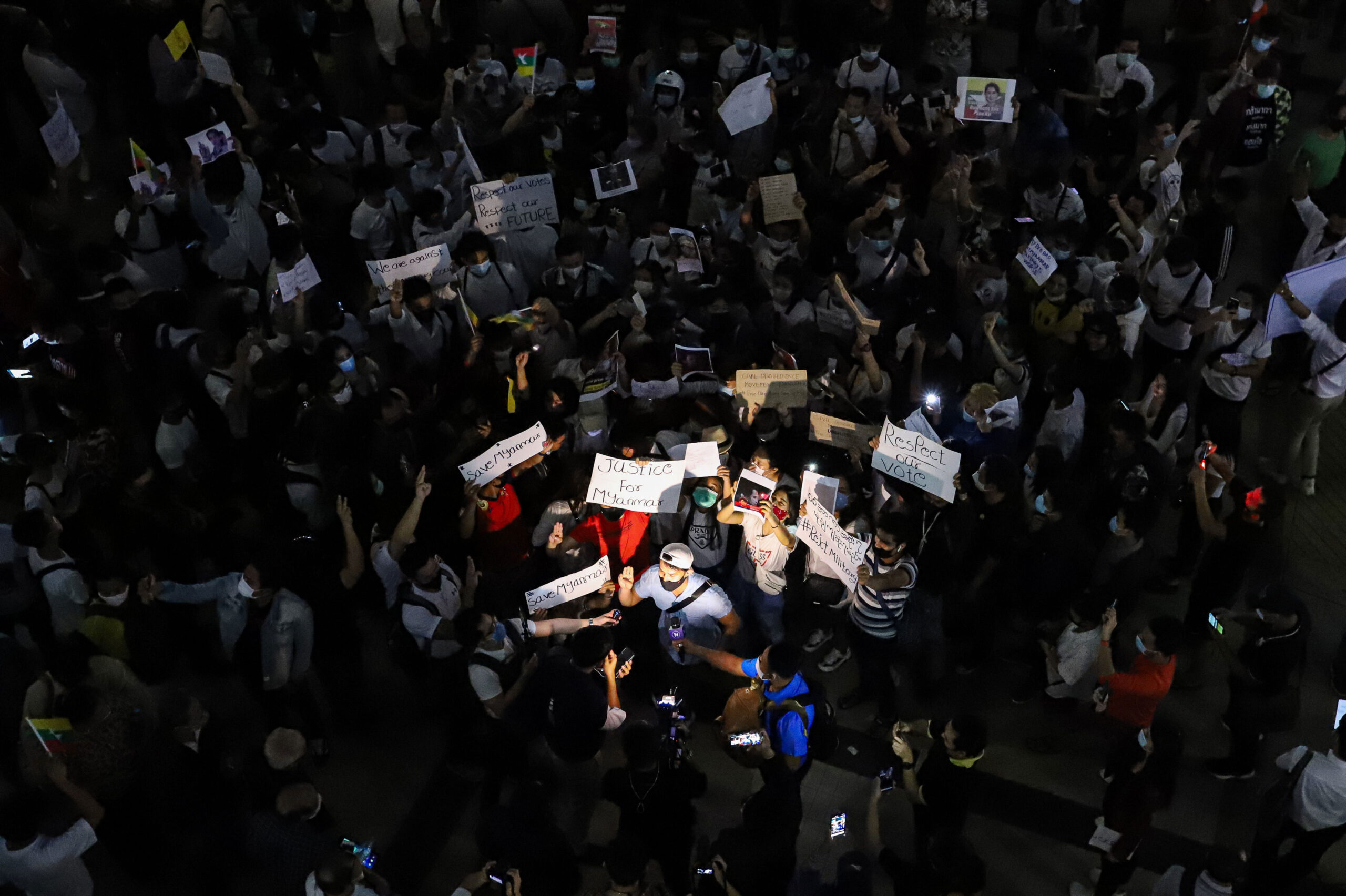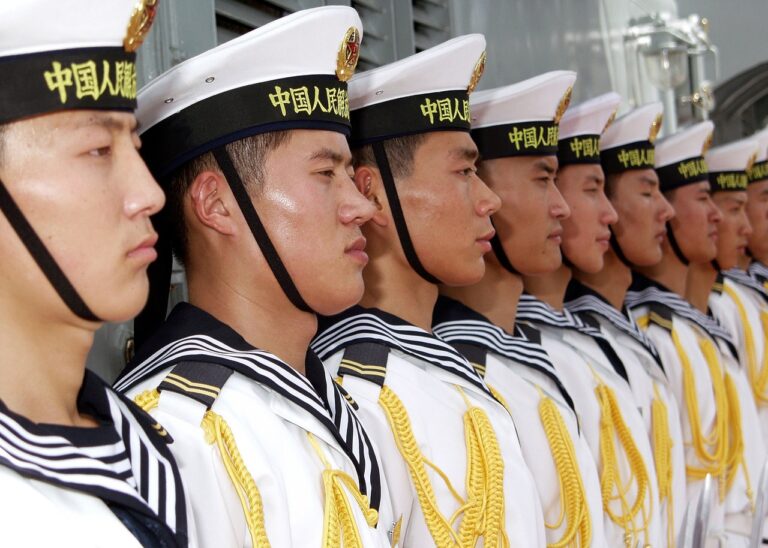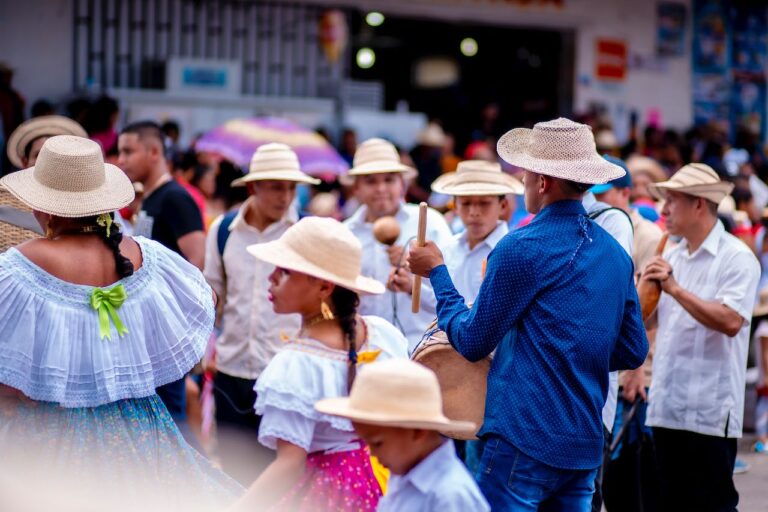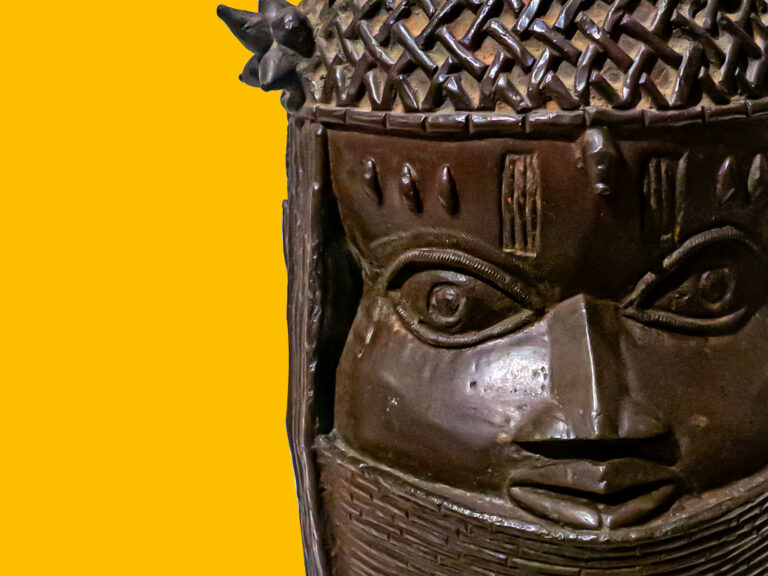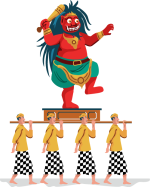Copenhagen, Denmark (TP)
The streets of Myanmar are drenched in blood, as the military junta continues its extreme crackdown on protestors. Since the coup d’état against the democratically elected government on February 1st this year, protesters have roamed the streets to show their discontent with the military junta.
The Burmese human rights organization Assistance Association for Political Prisoners has confirmed the deaths of at least 500 people in relation to the military coup since February 1st.
The conflict had its’ deadliest day on Saturday, when more than 100 people were killed. A rising tally that was feared by diplomats, commentators and scholars who follows the situation in Myanmar, when armed forces switched water cannons with rubber bullets and live ammunition.
Just two weeks prior, what was described as ‘the bloodiest day of the military crackdown on protestors’ occurred in Myanmar’s largest city, Yangon where security forces killed 38 protesters, activists told the BBC.
The military declared martial law in Myanmar, as some protesters allegedly uses sticks and knives, and has attacked Chinese businesses. It is unclear who is actually behind these specific attacks, but protesters believe that China is giving support to the military.
‘This is the darkest moment of the nation and the moment that the dawn is close. The uprising must win,’ parliament leader Mahn Win Khaing Than said in his first public address after gone into hiding, urging protesters to defend themselves against the military crackdown, the BBC reports.
Staging the nation
Myanmar were going through a transition to democracy starting in 2011 after being a military rule for nearly 50 years. The National League for Democracy (NLD) is far the largest political party in the country featuring Nobel prize winner Aung San Suu Kyi as their leader.
In November 2020, Aung San Suu Kyi and NLD won a landslide victory securing 396 out of 476 seats ahead of the military party, reaffirming the countries development into full democracy.
But the military led by general Min Aung Hlaing claimed the vote fraudulent and staged a coup d’état on February 1st this year, taking full control over Myanmar and have jailed Aung San Suu Kyi and former acting president Win Myint.
The military action has been condemned by various countries and civil unrest has since sparked violence on the streets of Myanmar, where military and police personal are cracking down protesters demonstrating against the junta.
According to Danish ambassador in Myanmar John Nielsen, members of the NLD have created a ‘shadow government’ in hiding and established contact with several national ambassadors in the country.
‘They reach out for the international community and put pressure on international businesses working with the military, discouraging the companies to pay their taxes right now,’ Mr Nielsen told Danish broadcaster DR. ‘The shadow government tries to undermine the military junta by mobilizing joint political pressure from many of Myanmar’s ethnic groups,’ he says.
And the countries ethnic groups could trigger the next stage of what is going to happen in Myanmar.
Christine Schraner Burgener serving as the UN special envoy for Myanmar stated that the Southeast Asian country ‘is on the verge of spiraling into a failed state,’ AP reports.
Armed ethnic groups on Myanmar’s borders are staring to speak out against ‘the brutality of the military’ and this ‘(is) increasing the possibility of civil war at an unprecedented scale,’ Ms Burgener warns.
A full-blown civil war will hurt minority groups even further, as civilians already faces consequences from ongoing conflicts between several local militias and the military in Myanmar.
‘Already vulnerable groups requiring humanitarian assistance including ethnic minorities and the Rohingya people will suffer most,’ she says.
Children in crossfire
Armed forces have killed more than 500 people so far since the coup in Myanmar. Rights organization Save the Children states that at least 43 children have been killed by armed forces.
The youngest recorded victim is a six-year-old girl who was shot by police when she ran towards her father.
The killing happened during a search where police inspected houses for weapons in Mandalay, the victim’s older sister May Thu Sumaya told the BBC.
‘They kicked the door to open it. When the door was open, they asked my father whether there were any other people in the house,’ she said.
When the father said no, they accused him of lying and searched the house. The girl then ran to her father to sit on his lap and got shot by the police, Ms Sumaya said.
‘I can’t Father, it’s too painful,’ the father described his daughter’s last words.
As the Myanmar authorities continues their crackdown on civilians, there is no guarantee that children will be spared during the unrest.
‘Children have witnessed violence and horror. It is clear that Myanmar is no longer a safe place for children,’ Save the Children writes.

